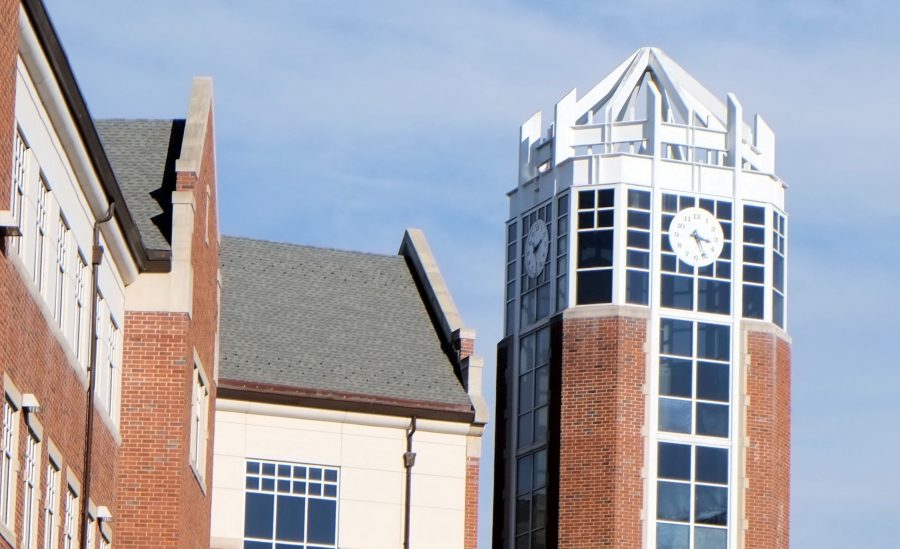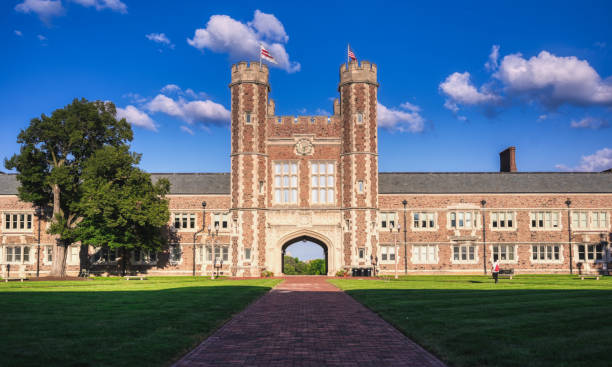Natalie Ruiz | Lindenlink Reporter
Brazil is home to Samba, Carnival, voluptuous women and soccer stars like Pele and Ronaldo. Last week many unleashed protests for Brazilian civil rights and the uprising drew notice around the world.
Change Brazil’s small marches started in an attempt to protest bus-fare increases and lack of public transit in São Paulo, Brazil’s largest city.
Protests quickly escalated into a broader movement on June 17 in Rio de Janeiro, where other issues such as improvement of education, health and maintenance of roadways and infrastructure were added to the recipe.
Another main reason for the protests is the discussion in the Chamber of Deputies to pass PEC 37, legislation to restrict the power of Public Ministry investigation against corruption.
Brazilians generally agree that, even though strikes are common, they have never experienced anything as big as this movement.
Some of the other cities involved include Belém, Curitiba and Salvador. In Brasília, the capital, marchers made their way to Congress, protesting from its roof.
The growing protests rank among the largest in Brazilian history since the 1985 culmination of the nation’s military dictatorship.
Amanda Inocencio, a senior from Brasilia, said Brazilians do not feel protected by the police. “Right now, they are fighting for justice, to stop violence, to stop the corruption. As you can see in videos, when people go to the streets to protest, the police hurt them,” she said.

Courtesy of facebook.com_pactusoficial
Brazilian TV Folha reporter Giuliana Vallone was shot in the eye by the police with rubber bullets while covering, not participating, in the protests.
Yuri Sardenberg, famous Brazilian photographer, released an edited picture of several Brazilian celebrities with a left black eye. With this he aimed to raise awareness regarding the Vallone injustice. He published the image with a one sentence message: Doi em todos nos (it’s hurting all of us).
Brazilian students at Lindenwood this summer say they are overwhelmed after the massive protest in Rio and do not know what to expect about their return home.
Inocencio remains confident that the situation will get better through pacific protests and online activism.
“I dont know exactly how I feel about this situation,” she said. “Maybe I feel afraid … to go back home. I know this is reality and it is just getting worse, but I am glad that people finally got together to protest. I hope it works.”
The strikes are peaceful because they are asking for violence to cease. Inocencio disagrees with the unfair and misunderstood reaction from the state police.
“The police don’t know how to control the protests without being violent. And of course people are getting hurt for no reason because they are not attacking anyone. Police acting like that makes them angrier,” Inocencio said.
Another concern for the people in Brazil and Brazilians in the United States is that Brazil is investing almost triple the amount of money that any other country has ever invested to host the World Cup next year. The third-world country has spent about $30 billion building stadiums and getting ready for the event. Brazilians are concerned about the high-cost of living and how high the maintenance cost for the stadiums will be after the World Cup.
Inocencio said she is skeptical.
“The government is stealing a lot of money. Everything that they have to build in a city, they always spend more than they need to. But in reality, they did not use all this amount to build stuff,” she said.

Courtesy of facebook.com/RevNews
Protests take refuge in a famous quote of the movie “V for Vendetta” in which the protagonist says, “People should not be afraid of their governments, government should be afraid of people.”
Thiago Barreira, a former LU student from Belo Horizonte, planned to assist the protests to bring about more focus and to create a name.
“The movement is still too broad,” he said. “When we find a common purpose, we need to stick with it and give a name to the revolution.”
Some Brazilians believe that many of the protesters, mainly youth, are part of the strikes with no real purpose. Barreira agrees. “I’m not being active because the movement is more like a ‘party.’ Students just want to skip classes,” he said.
Barreira explained how the birth of the emergence law is also making a tremendous difference in Brazil’s stable economic growth with low inflation. This law allows private companies with the government partnership to build infrastructure at the last minute, taking advantage of their right not to disclose accounting statements.
“Let’s suppose you have a lawn business and you’ll supply lawn to the soccer field. The regular price is $12 in pounds. I’ll pay you $60, and we’re gonna split the profit. That’s why expenses are so high,” said Barreira.
Barreira is not quite sure if the government’s reaction to protests could be called democracy.
“[Government officials] are answering questions and acting nice,” he said. “Also, we don’t know who started the movement; perhaps a politician is behind it. In that case, we can conclude that the movement in favor of democracy would actually be manipulated, therefore, it isn’t democracy.”
“Most of my friends will answer to this, I bet, with pure sentimentalism and instinct. Little rationale into it,” said Barreira.
Photography by | Giovanna Bartho
Lindenwood student Giovanna Bartho from São Paulo assisted in the 4k Protest in São Paulo which took place in the city from Sé to the Paulista Avenue on June 17.
Tamara Freitas, a freelance reporter and former Lindenwood student, assisted to what perhaps was the biggest protest in the country Thursday, June 20. About 10,000 people marched on the downtown streets of the city. She described it as enlightening and empowering.
Freitas said, “Covering the event, I felt the anger, excitement and anguish that spill over people’s eyes. Many Brazilian flags were held by children and elderly, singing patriotic songs in a march by who believes in changes.” She called it a protest for the people, from the people.
Jessica Ribeiro, 21, said, “I’m protesting here today against the high costs of the fares and taxes, the high living costs and against PEC. . . . It affects everyone who relies on public transportation.”
Franca, state of São Paulo.
Photography by | Tamara Freitas
Teachers and students also joined the act. “I’m here to see the people out of classes, and I’m protesting against corruption,” said 45 year-old-teacher Baltazar Gonçalves.
The protests, which started with a pacific purpose, have grown into more of a rebellion. By Friday, June 21, three people had died and the list of injured kept growing.
“We are no longer led to believe that enforced policies will make the people weaker and unprotected,” said Freitas. “The country has awakened and its power is not in the hands of the ones who run it.”
After FIFA, the Fédération Internationale de Football Association, demanded the country to take care of the revolts or else the country would no longer be a viable option to host the World Cup. In regards of the transportation increase of tariff, the people have been heard.
That being settled, PEC-37 is still of major concern.

Photography by Natalie Ruiz
A group of Brazilians from Washington University in St. Louis wanted to share their support even from more than 4,000 air miles away.
They created a group on Facebook “Sending Solidarity to our Brazilian friends” and organized a protest at Jefferson National Monument, the Arch in St. Louis, Saturday, June 22.
Amanda Araújo da Silva, a Brazilian Washington University student, one of the many group leaders, said the group’s main purpose was “to show our American friends the current situation in Brazil and show to our people in Brazil, who are going to the streets to protest against the corruption that they are not alone.”
Even though Saturday’s thunderstorm delayed the event, 27 Brazilians—including Brazilian LU students—showed up to the event.
The event wasn’t satisfying to the group as they envisioned it, they said, still they planned to get a new permit and go back next week.
“We hopefully will gather more people, show with the posters the reality in the country that will host the World Cup,” said Silva . “I hope we can get better results next time, but I am also happy with what we did in that circumstances.”


















